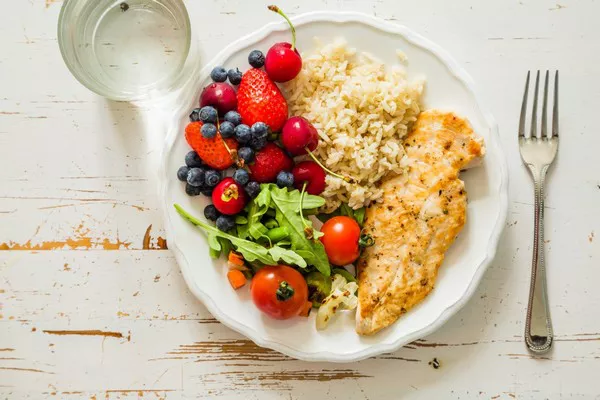Protein is a fundamental nutrient that plays a crucial role in maintaining overall health and well-being. While it’s essential for everyone, certain individuals may have higher protein needs due to various factors. In this comprehensive article, we will explore who needs more protein and why. By understanding the importance of protein intake for different groups of people, you can make informed dietary choices to support your body’s optimal function and achieve your health and fitness goals.
5 Groups of People Who Need More Protein
1. Athletes and Active Individuals
Muscle Recovery and Growth
Athletes and individuals who engage in regular physical activity have increased protein needs. Protein provides the building blocks necessary for muscle repair and growth, which is essential for enhancing athletic performance and recovery.
Endurance vs. Strength Training
The protein requirements of athletes can vary based on the type of training they engage in. Endurance athletes, such as long-distance runners, may require protein to support endurance and sustained energy levels. Strength athletes, like weightlifters, need protein for muscle development and power.
2. Aging Adults
Muscle Preservation
As people age, muscle mass naturally declines, a process known as sarcopenia. Adequate protein intake becomes crucial to help preserve muscle tissue, maintain strength, and prevent the onset of age-related mobility issues.
Bone Health
Protein also contributes to bone health, making it important for older adults who are at risk of osteoporosis. Protein aids in the absorption of calcium and other minerals necessary for maintaining bone density.
3. Individuals Engaging in Weight Management
Appetite Regulation
Protein has a satiating effect, helping to control appetite and reduce food cravings. Including protein-rich foods in your diet can aid in weight management by promoting feelings of fullness and preventing overeating.
Muscle Mass and Metabolism
When aiming for weight loss, preserving muscle mass is crucial. Higher protein intake can help maintain muscle tissue while promoting fat loss. Additionally, protein has a thermic effect, meaning it requires energy to digest, which can support a higher metabolic rate.
4. Pregnant and Breastfeeding Women
Fetal Development
Pregnant women have increased protein needs to support the growth and development of the fetus. Protein is essential for the formation of tissues, organs, and the placenta.
Milk Production
Breastfeeding women also require higher protein intake to provide the nutrients necessary for both the mother and the infant. Protein supports milk production and helps ensure the infant receives essential amino acids for growth.
5. Vegetarians and Vegans
Complete Protein Sources
Individuals following vegetarian or vegan diets may need to pay closer attention to protein intake, as plant-based protein sources may lack certain essential amino acids. Including a variety of protein-rich plant foods can help meet protein requirements.
Protein Quality
To ensure adequate protein intake, vegetarians and vegans should focus on combining different plant-based protein sources to create complete protein profiles. Quinoa, tofu, legumes, and nuts are examples of high-quality plant proteins.
See Also: How Many Proteins Should You Have a Day?
How to Meet Increased Protein Needs
Dietary Sources
Protein-rich foods include lean meats, poultry, fish, eggs, dairy products, legumes, beans, nuts, and seeds. Incorporating a variety of these foods into your diet can help you meet increased protein needs.
Protein Supplements
In some cases, protein supplements may be beneficial to help individuals meet their protein requirements, especially for athletes and those with specific dietary restrictions. Consult a healthcare professional before incorporating supplements.
See Also: What Fruits Have Lots of Protein: A Nutrient-Rich Guide
Conclusion
In conclusion, protein is a vital nutrient that serves as the foundation for various physiological processes within the body. While everyone needs adequate protein intake, certain groups, such as athletes, aging adults, individuals engaged in weight management, pregnant and breastfeeding women, and vegetarians/vegans, may require more protein to address specific needs and goals. By understanding the unique factors that contribute to increased protein requirements, you can make conscious dietary choices to support optimal health and well-being. Whether you’re striving for athletic performance, healthy aging, weight management, or dietary preferences, ensuring sufficient protein intake is a key step toward achieving your desired outcomes and maintaining a balanced and nutritious lifestyle.

